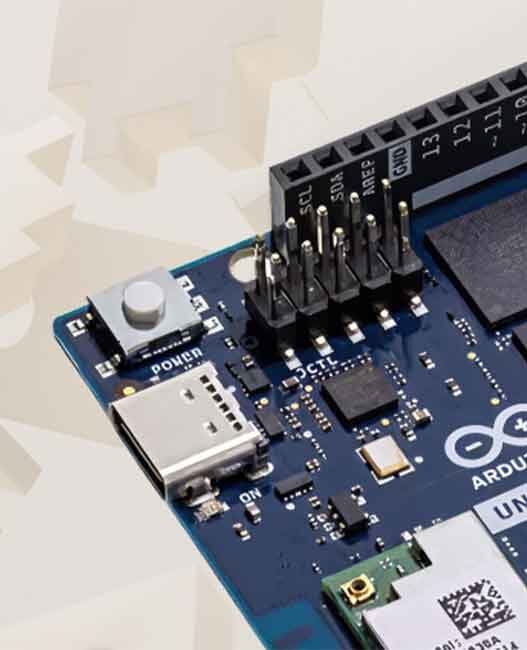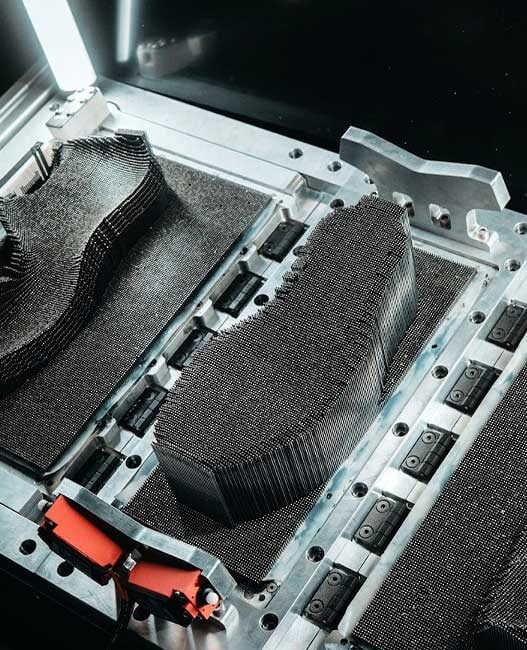The implantation follows the US Food and Drug Administration (FDA)’s approval in May, a critical milestone for Neuralink after a series of regulatory challenges with the organisation. This gave the company the green light for a six-year study during which a robot is being used to surgically place 64 flexible threads – which allow its experimental battery-powered implant to be charged wirelessly – to record and transmit brain signals wirelessly to an app that decodes how the person intends to move. Initial users are pegged to be those who have lost the use of their limbs.
The FDA had previously raised major safety concerns, delaying Neuralink’s progress. These concerns included issues related to the implant’s lithium battery, the possibility of wires migrating within the brain, and the potential risks involved in removing the device without causing brain tissue damage.
Posting on his social media platform X, Musk said Neuralink’s first product would be called ‘Telepathy’, due to plans to give users control of things like phones and computers just by thinking.
While Neuralink’s ambitions extend beyond medical applications, with plans for products like Telepathy, the company faces stiff competition. Established players like Blackrock Neurotech have been active in this field for years. Synchron, another competitor, reportedly implanted the first BCI device in a human in the US in 2022, following FDA approval.
Equally, concerns about the feasibility and safety of Neuralink’s technology have been a point of contention. Since its inception in 2016, Neuralink has navigated various challenges, including setbacks from the FDA and ethical concerns. The company’s initial application for human trials was rejected due to safety issues, necessitating further development to address these concerns. Additionally, Neuralink has faced federal investigations over alleged animal welfare violations, with reports of a significant number of animal deaths attributed to rushed testing.
As part of its strategy to advance human trials, Neuralink approached the Barrow Neurological Institute in Arizona, a leading centre in neurosurgery, to assist in clinical trials. However, the specifics of these trials, including volunteer recruitment and trial dates, have not been elaborately detailed by the company.














